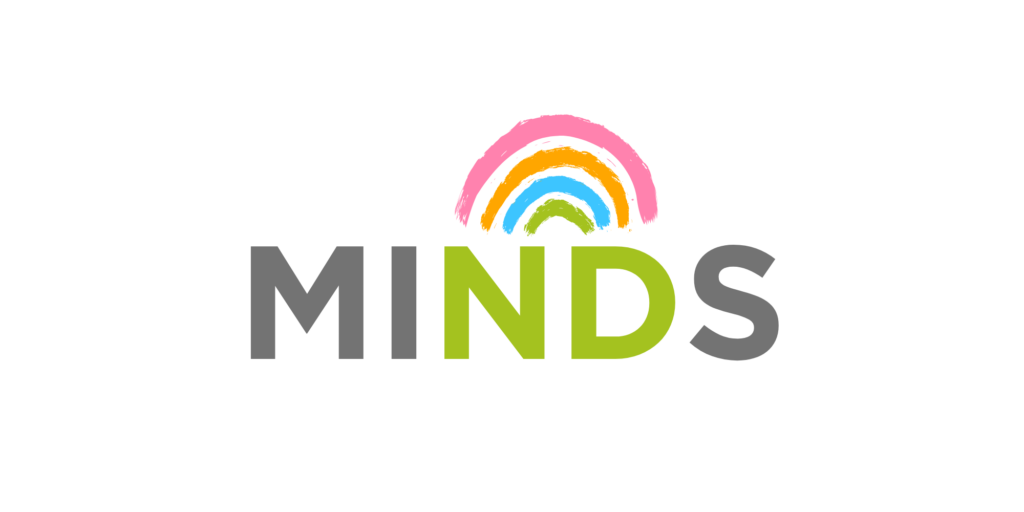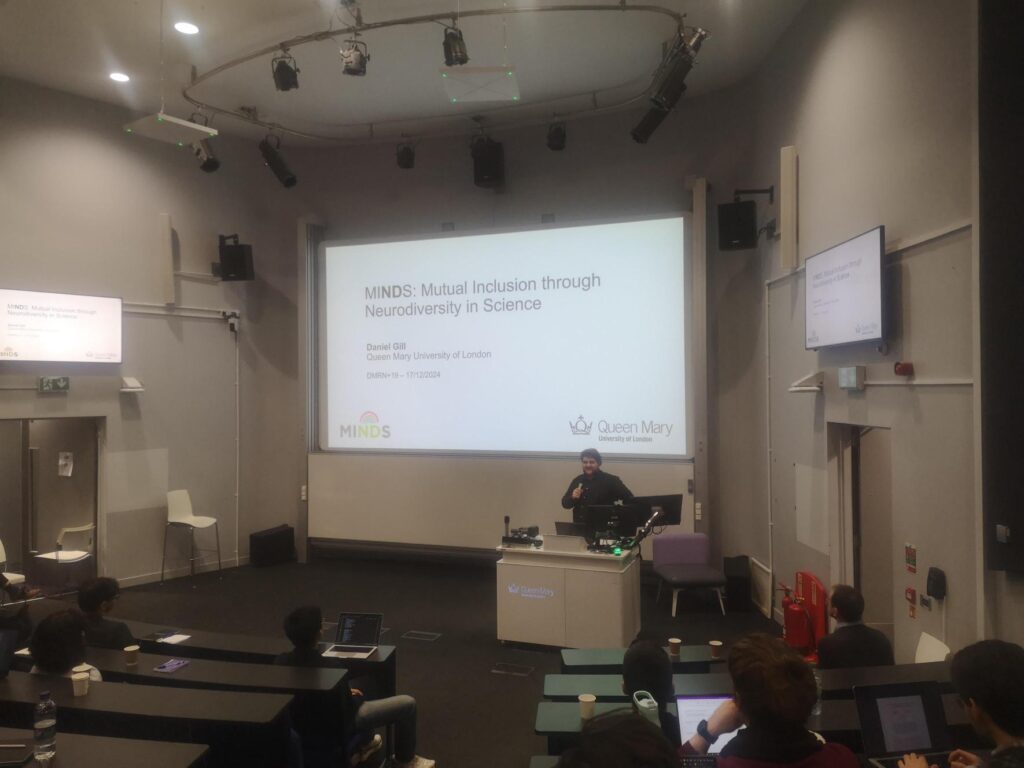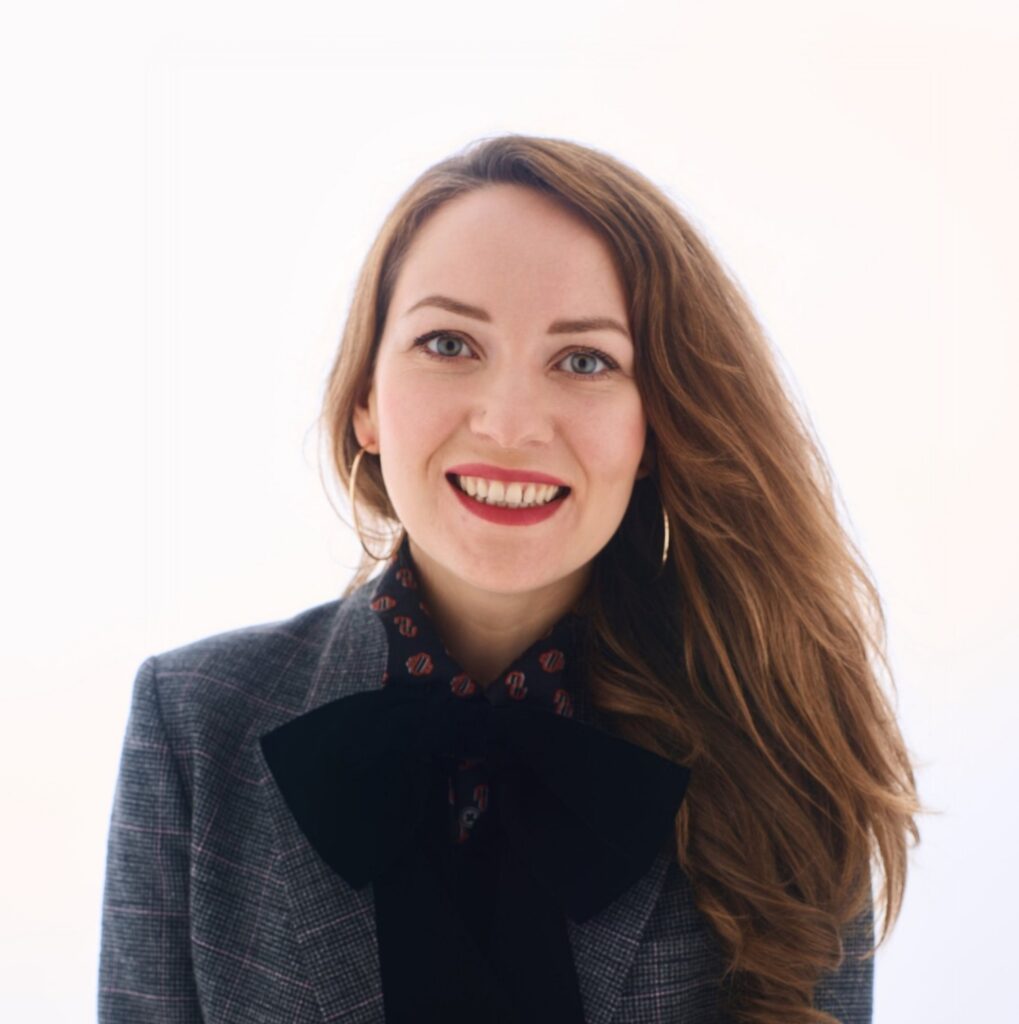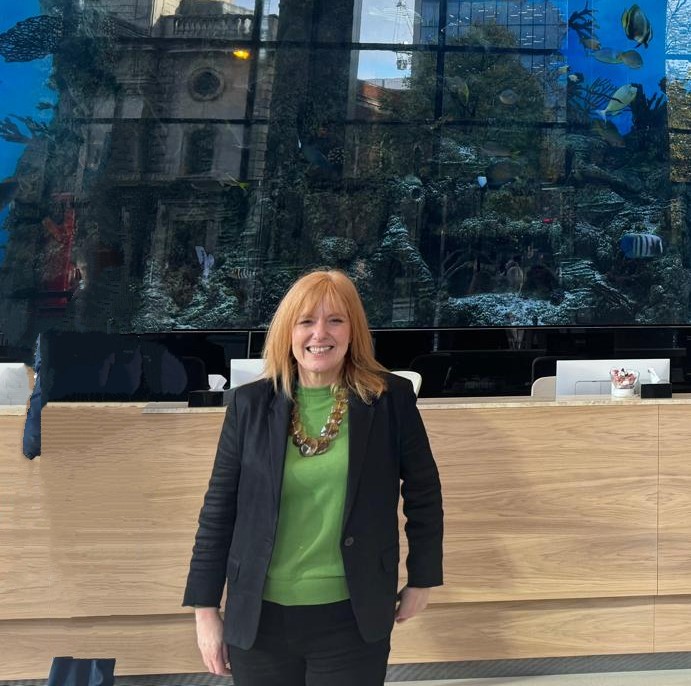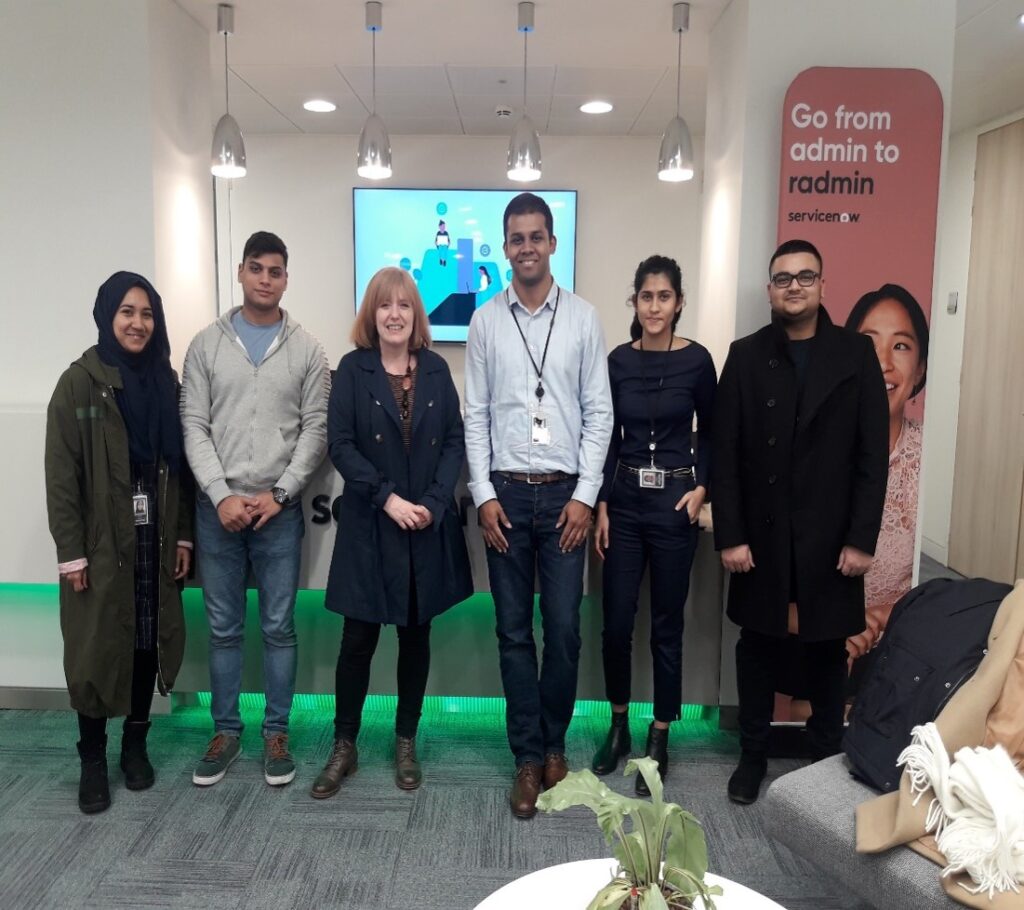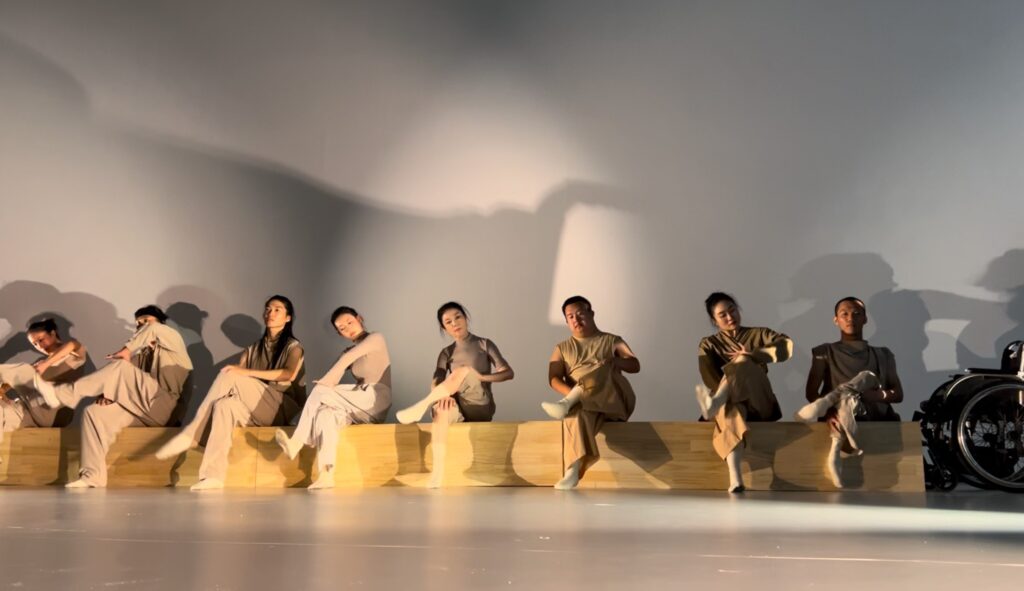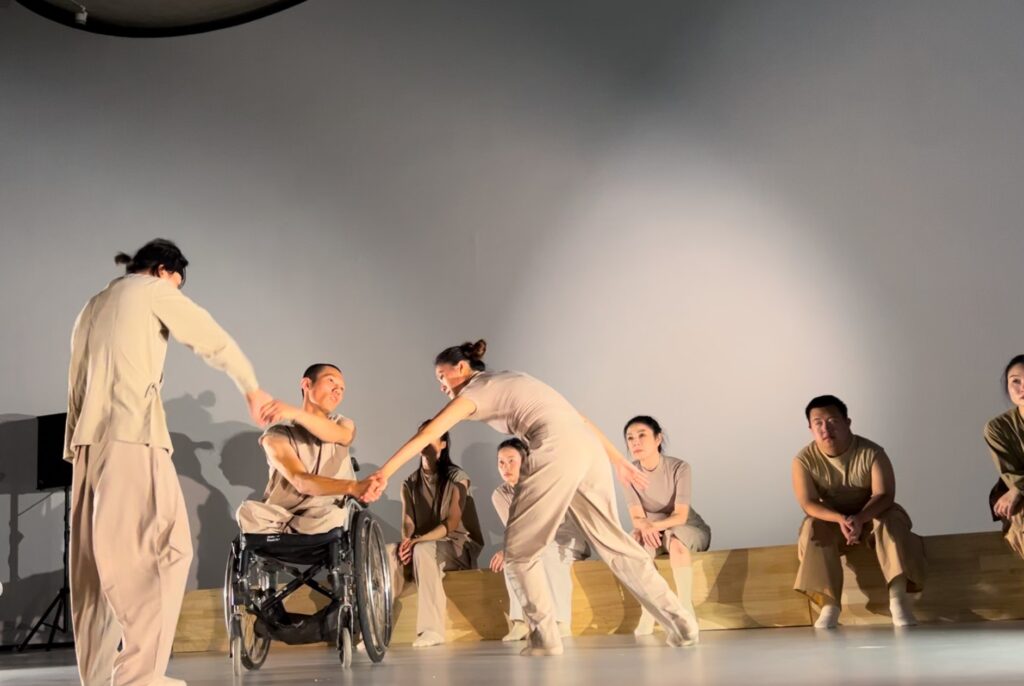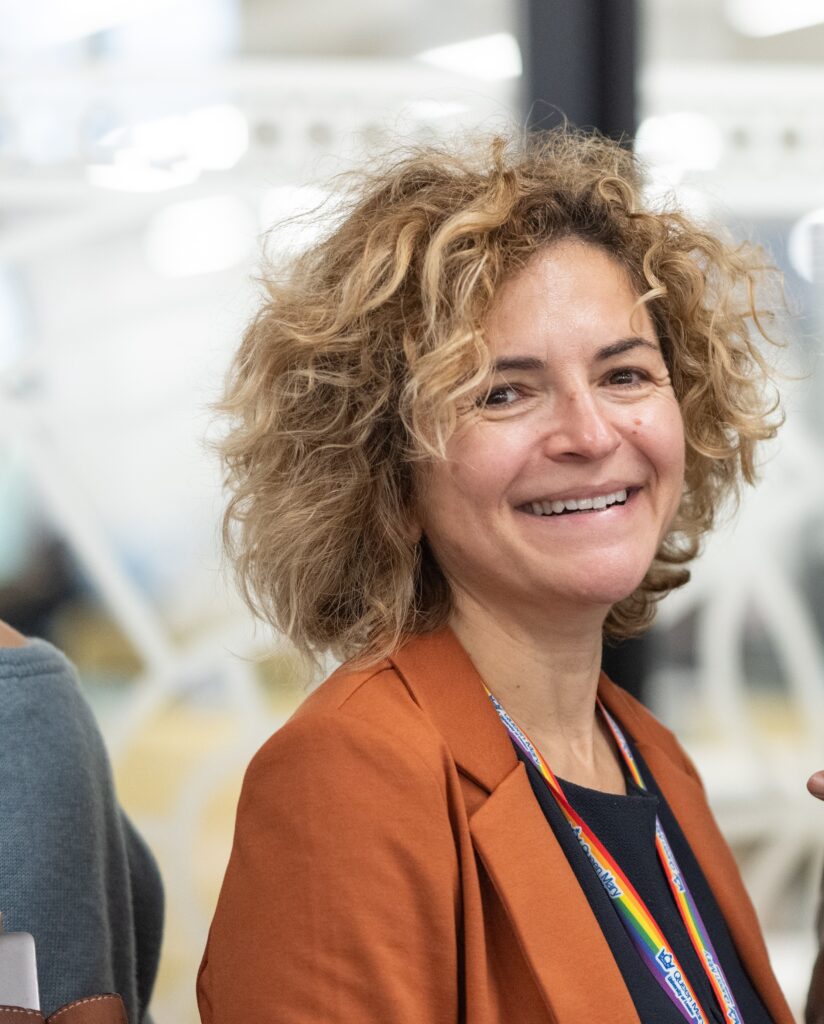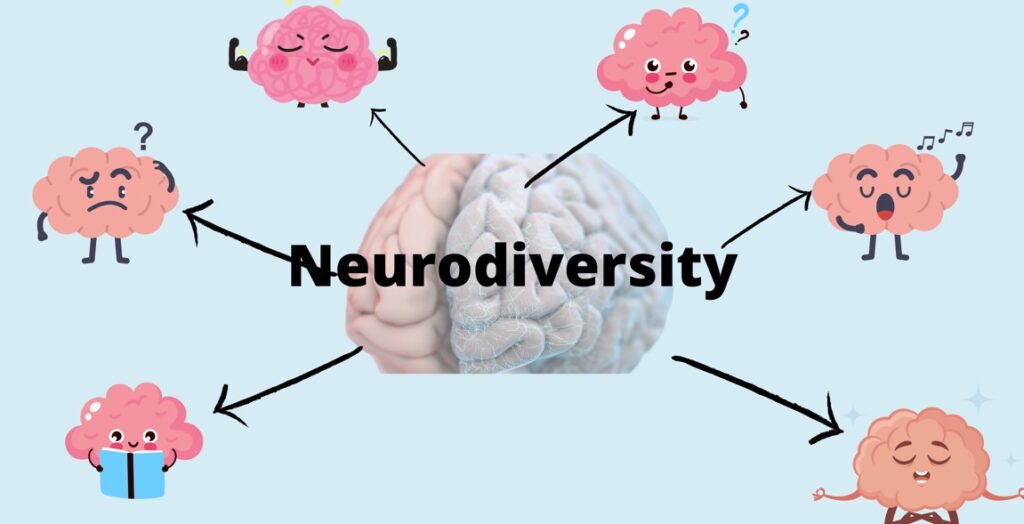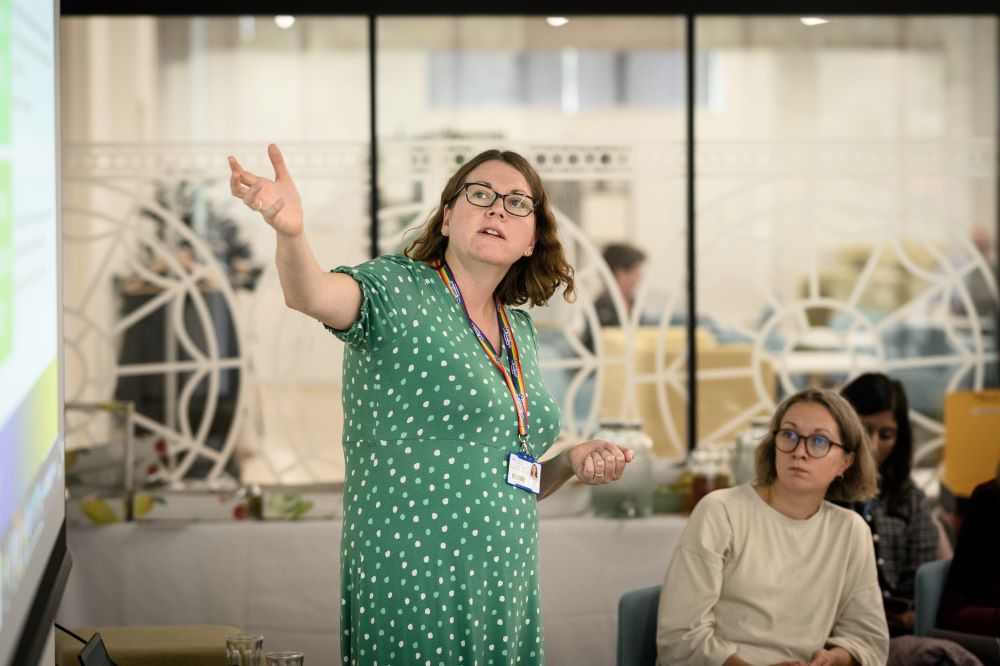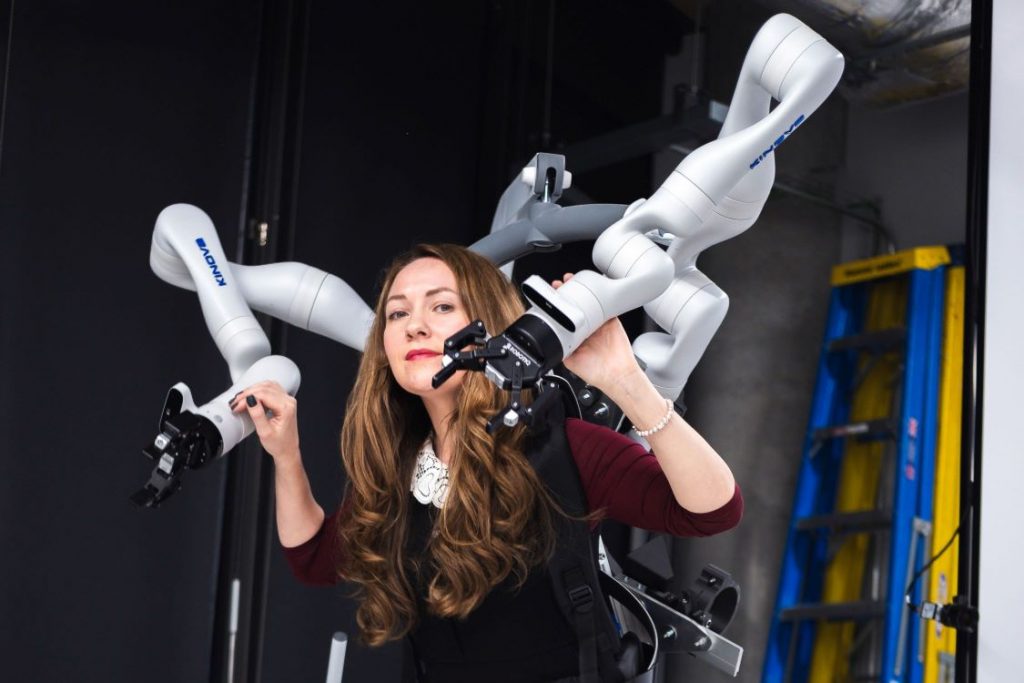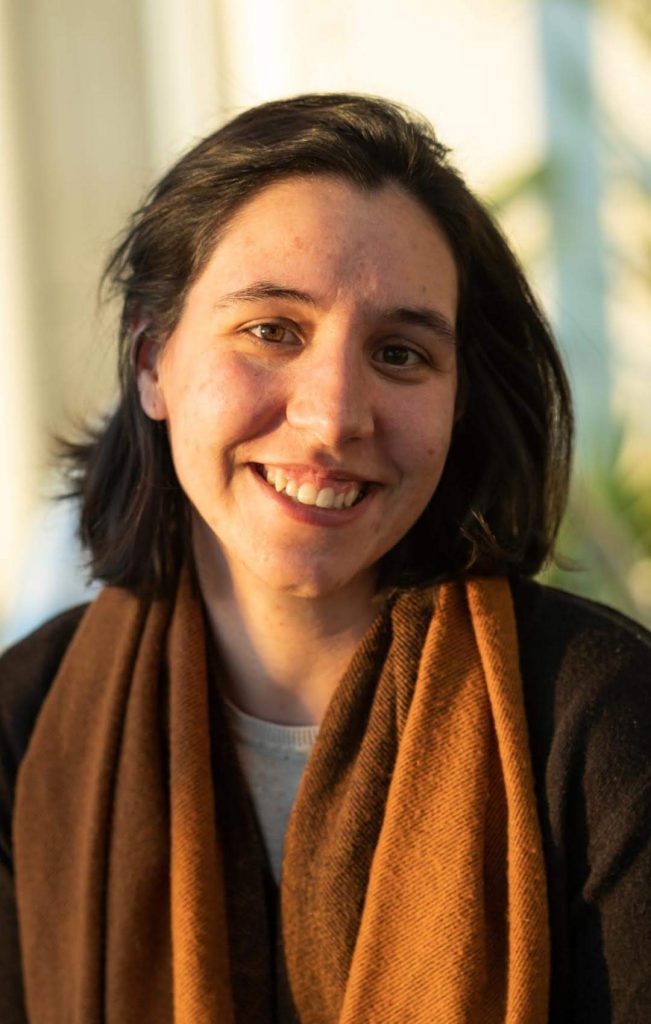Lianganzi Wang describes her experiences with HerART hosted by The EECS Women in Higher Education Network (WHEN)
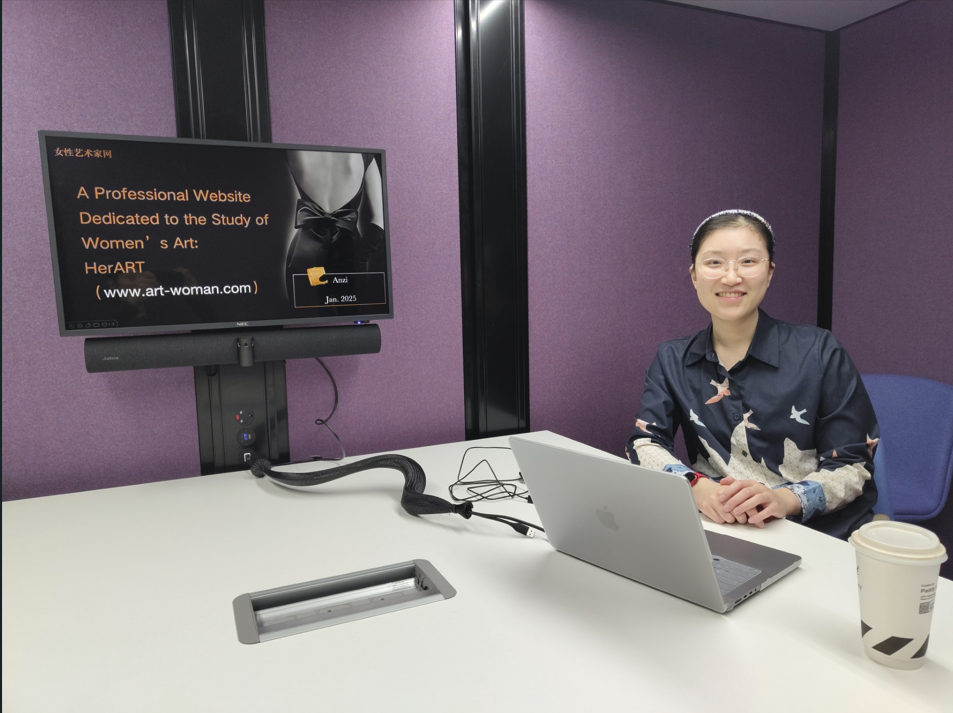
Introduction to HerART
In this session, I introduced HerART (www.art-woman.com), a nonprofit website established in 2012 as China’s first and only platform dedicated to documenting and studying women’s art. The website functions as a comprehensive database with three key components:
Historical Archives:
- Traces over 1,800 years of Chinese women’s artistic development.
- Features rare Tang Dynasty stone rubbings, Yuan Dynasty paintings, Ming-Qing era artworks, Republican-period pieces, and modern female art.
Academic Resources:
- Publishes research articles, exhibition records, and institutional collaborations.
- Includes a specialized course on History of Women’s Calligraphy and Painting developed by HerART’s founder at a Chinese university.
Modern Adaptation:
- Expands accessibility via the WeChat official account @女性艺术家 (Women Artists) for mobile users.
- Maintains the original website as a historical repository while updating new content on social media.
HerART aims to promote women artists and their works, helping the public understand the language, context, and societal significance of women’s art. It focuses on re-examining women’s roles through artistic discourse, supporting female artists’ growth, and exploring ways to elevate the value of women’s art. All content remains freely accessible to scholars and the general public.
My Volunteer Experience
My name is Lianganzi Wang, and I’m an MSc student in Sound and Music Computing at Queen Mary University of London. My background merges music technology and computer science. Currently, my research focuses on adaptive, data-driven game audio, leveraging real-time in-game parameters to dynamically shape player immersion. Beyond academia, I have a passion for women’s growth. As a senior volunteer for HERArt, a nonprofit platform dedicated to female artists, I’ve devoted nearly 3,000 hours to maintenance, redesign, and exhibition planning.
As a HerART volunteer, I gained two key insights:
Art as a Lifelong Practice:
Many artists featured on the platform began their creative journeys at unexpected stages of life, challenging conventional notions of “success timelines.” This inspired me to integrate music into my technical career.
The Fragility of Preservation:
Digitizing artworks and interviews underscored how easily women’s artistic legacies can be lost. My tasks included organizing exhibitions and promoting international artists through WeChat.
While HerART primarily focuses on Chinese women artists, its recent inclusion of global creators reflects a growing effort to connect diverse perspectives.
About WHEN
The EECS Women in Higher Education Network (WHEN) fosters a supportive community for individuals identifying as women across academic levels—from PhD students to senior researchers. By promoting collaboration, mentorship, and policy advocacy, WHEN advances diversity, equity, and inclusion in fields like computer science and engineering. Learn more about our mission here.
For further exploration of HerART’s collections and research, visit www.art-woman.com.
